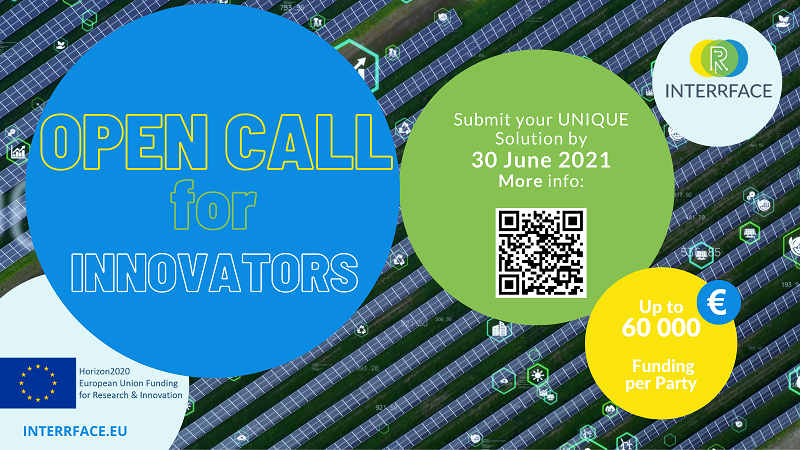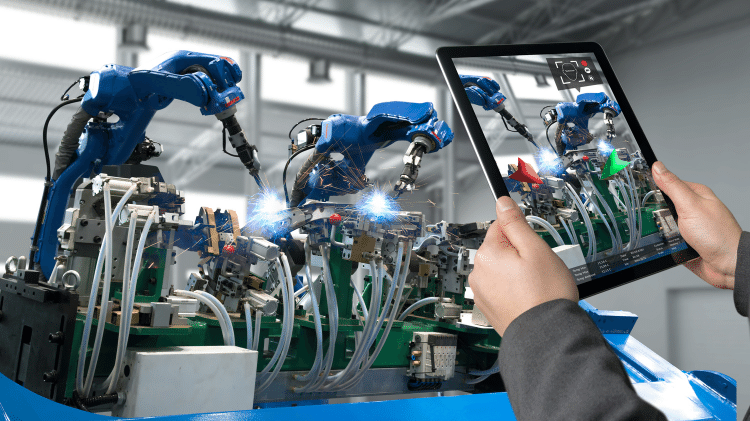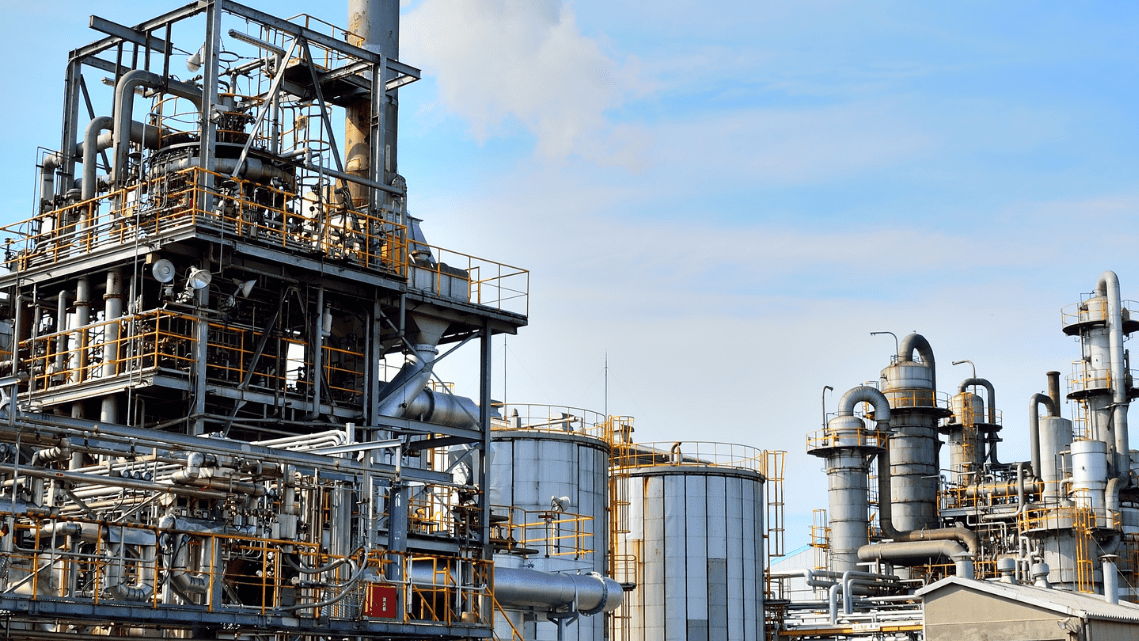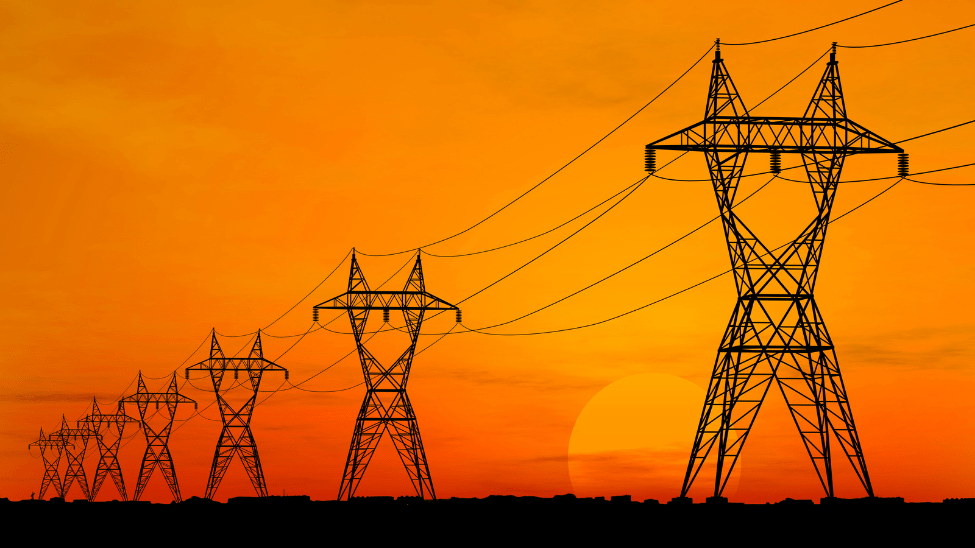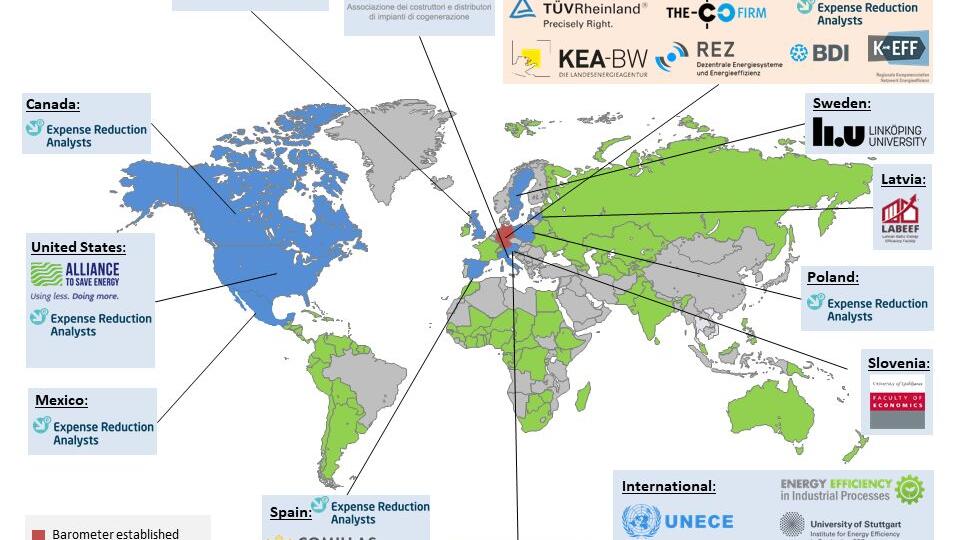 Digitalisation
DigitalisationDigitalisation
INTERRFACE publishes an Open Call for innovators with €60,000 awarded to each successful applicant. The call opens on 30 March 2021 and accepts applications until 30 June 2021. InterRFACE is a sister (or rather parent) project of OneNet - One Integrated Power Grid for Europe. It wants to address six use cases, in which the InterRFACE architecture should function seamlessly. To this end, the Open Call invites third parties to provide infrastructures and state-of-the-art technologies that can then be validated through the pilots of the project. For more information about the Inter interRFACE, visit www.interrface.eu/ and the call opens in March 2021. and the call goes to: http://www.interfers.com/ or go to: www.InterRFace.eu. and the project's call.cintechsolutions.org/ and go to www.
Read Full articleIndustrial processes going digital
Digital solutions make every industrial step efficient even in situations where they could hardly be completed. The European Commission is not responsible for any use that may be made of the information it contains. This project has received funding from the European Unions Horizon 2020 research .
Read Full articleEnergy audit and augmented reality: how to combine them? RETROFEED innovation accelerated by COVID-19
The event was organised by the RETROFEED project on 2 December 2020. It showcased the variety of innovative responses to the unanticipated circumstances brought upon industries. The event included some reflections of the European Commission, followed by a demonstration session of energy audit.
Read Full articleAn Integrated Approach for Industrial Symbiosis: the CORALIS project
Industrial Symbiosis (IS) aims to mimic the functioning of ecological systems. A consortium of 29 partners will work together aiming at: Decarbonising the resource and energy intensive industry sectors. The European Commission is not responsible for any use that may be made.
Read Full articleOne Electrical Network Infrastructure for Europe: the OneNet Project
The Horizon 2020 OneNet project aims to consolidate results and learnings into a comprehensive framework for European grid flexibility. It will: Identify standardised flexibility products and services; Design a common market scheme for Europe; implement the reference version of the IT architecture;.
Read Full articleHow does COVID19 affect energy efficiency plans of industry?
Findings for Germany will be published at European Council for an Energy Efficient Economy (eceee)s Industry conference, global outcomes towards the turn of years. The questionnaire is accessible to manufacturing companies across 12 dedicated country versions and five further universal language versions.
Read Full articleCeramics industry and the transition to a Circular Economy
The EU ceramic industry represents an annual production value of around €30 billion. The EU Emissions Trading System covers over 1200 ceramic installations. Ceramic products can be reused, recycled or recovered after their end-of-life.
Read Full articleEUROPEAN ALUMINIUM: sustainable industrial recovery plan
2019 data show primary production in Europe is flat, despite a growing demand for aluminium products. This is due to tensions on the aluminium supply chain caused by trade issues at global level and high energy prices. There are 15 smelters in the EU,.
Read Full articleCEMBUREAU’s roadmap towards #Cement2050 – a Carbon Neutrality Roadmap
The European Cement Association published its Carbon Neutrality Roadmap. Roadmap sets out the cement industry's ambition to reach net zero emissions by 2050. By 2030, CEMBUREAU aspires to be in line with the Paris Agreements two.
Read Full articleUtility Asset Management—Digital Twin or Digital Octuplets
Some people call the geographic information system (GIS) a digital twin of the grid. GIS captures grid assets and their locations. It includes their attributes and some behavior. The problem for many utilities is that GIS has many brothers and sisters that.
Read Full article